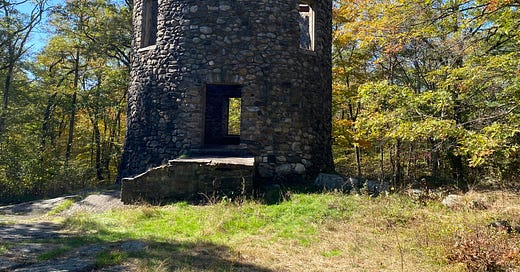Here’s my Twitter ramblings, plus additional color commentary, for the month of October. Almost caught up!
This month’s photo of the month is Cunningham Tower, just off the Mohawk Trail en route to the summit of Mohawk Mountain in Cornwall, CT. Fall is a magnificent time in New England — the very best months for hiking!
This twist on the Manhattan, swapping in amaro for the sweet vermouth, was very nice. I’ve also recently tried dry vermouth instead of sweet vermouth, and that’s also a fine drink. Rye is a surprisingly versatile base spirit, and if you like rye, you can do a lot of riffs on this simple theme.

This ratio could be drastically reduced in medicinal chemistry by: 1) getting appropriate PK characterization on compounds of interest; 2) obtaining plasma protein binding data as supporting ADME; 3) framing compound exposure in vivo against in vitro potency parameters through the lens of the free drug hypothesis. If any of that seems opaque, I’m here to help!

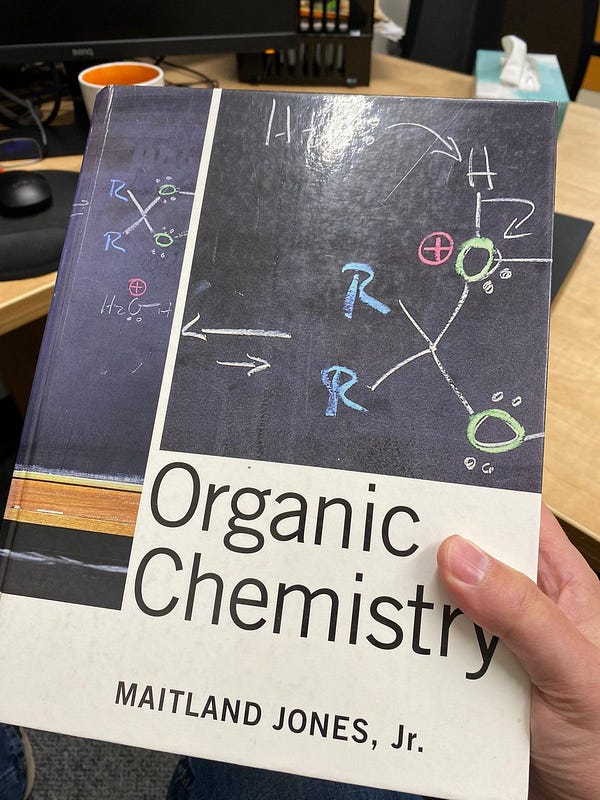

So many words were written about the firing of Maitland Jones at NYU in October. These things are always complicated. It’s the perfect storm intersection of: COVID learning impacts, new generations of students who feel more empowered in taking charge of their environment, old generations of professors who are venerated but perhaps not all the way up on modern pedagogy, administrators seemingly doing the bidding of students (and perhaps their tuition-paying parents) who petitioned for change (although not Jones’ dismissal), pre-meds (and quite a few MDs, too) agitating that organic chemistry shouldn’t be part of their curriculum, and — above all — the collision of many students with perhaps the first truly difficult and cumulative subject matter they’ve encountered in college. A real mess, a grand melee. I have no answers. Just a little sad that this is apparently how Jones’ career will come to a close.


I’ve done this thread two years in a row, and the results are always illuminating: a fine cross-section of snark, Ig Nobel-worthy candidates, and also a bit of cynicism. I couldn’t be happier that all of those who chimed in with “a woman” were wrong this year. Carolyn Bertozzi’s award this year (alongside Sharpless and Meldal, of course) is richly deserved for its impacts in chemical biology and beyond. Folks in the comments are right though that the Nobel committee still has a long way to go on DEI in the prizes.


I’m entitled to my own snark, and you can’t stop me.

Organic chemists, I think, rarely take stock of where their chemical feedstocks come from. But the answer is, overwhelmingly: from petrochemicals. Bruce Lipshutz wades in here to what organic chemistry looks like in a post-oil future.

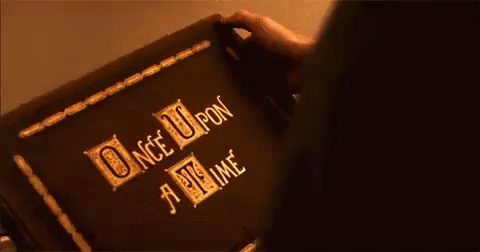
Sharpless undoubtedly left many stories like mine in his wake; he seems like that kind of guy. This is still a fun story though.


If organic chemistry seems like an endless list of things to memorize, it will never be fun. Just in the same way that history has been uncharitably characterized by its detractors as one damned thing after another.

Great paper from Sharpless’ lab. I only wish they hadn’t made drug discovery central to the thesis here. Click is useful for so many things, but in drug discovery the scope has definitely been more limited.

Clear result, but expecting no action. We chemists do like being verbose, it seems.





Great trip that I’ve gotten to take twice now. I love meeting with undergraduates. So many of them show great curiosity about drug discovery, and they can be surprisingly fearless in asking questions. Some of them forced me to think about how well I’ve thought through certain topics myself — which are the best kinds of questions!


Succinct communication is an imperative in drug discovery. One of the reasons I like Twitter is that the character limit forces you to be concise. The challenge is maintaining cogency at the same time. Even in a thread (and I’ve written some long ones!), each individual tweet has to be carefully crafted. There’s usually little room for spare words.


The lonesome independence that characterizes many a PhD program is central to, well, becoming an independent researcher and a lifelong learner. Yet at the same time, that independence taken to an extreme is the antithesis of the team environment necessary to discover drugs. It’s often a jarring wake-up for folks when they first join the ranks of industry. I love the idea of teaching a little more of the leadership skill set during the PhD program.


I’m struggling to remember the last time I handed out a business card…

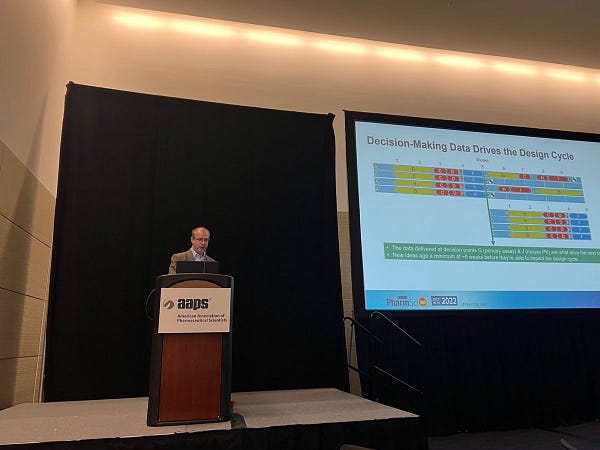
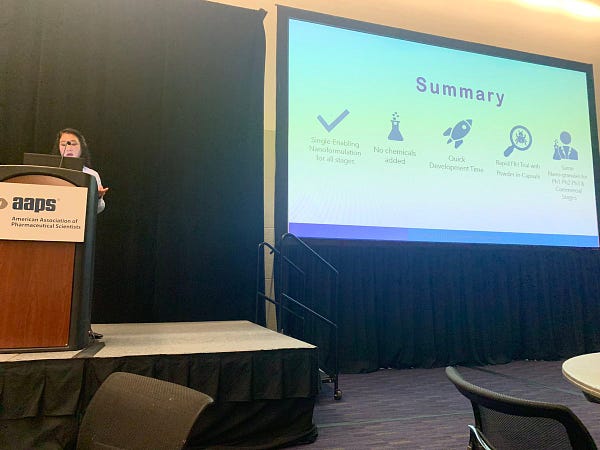


This was a fun talk! The operational guts of drug discovery are not discussed enough, and being given carte blanche to do so was liberating.



Huge positive quality of life improvement. I’ve never been a LinkedIn fan; it’s far too sterile for my style. At least now I feel like I’ve empowered myself to make decisions by writing down some ground rules that I can live with.

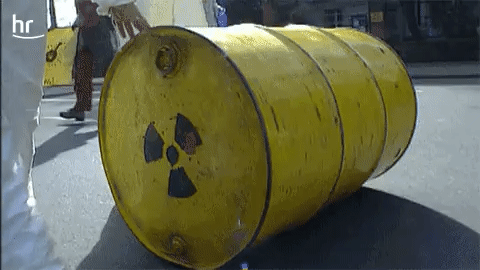

This story is, insofar as my memory is good from 20+ years ago, 100% true. And I think anyone who knew Stork and his character would agree that it’s thoroughly Storkian.

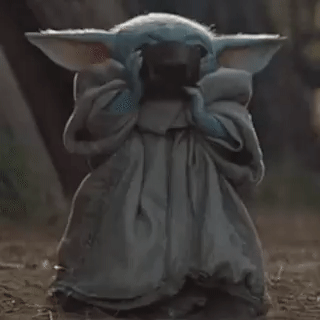
Everyone has those days.

Ah yes, the trotting out of the intangibles to justify the pay, benefits, and quality working conditions — or lack thereof — in academia. Again.

And further, it really only matters that the yield is non-zero. We let the process chemists sweat the other 99%.


I don’t understand why there remains this strain of “rites of passage” in some quarters. While I do agree that experience is the best teacher, deliberately withholding things (pay, benefits, knowledge, whatever) from people out of a belief that suffering will make them stronger is almost always the wrong philosophy. Teach what you know, give what you can, and don’t hold back.


